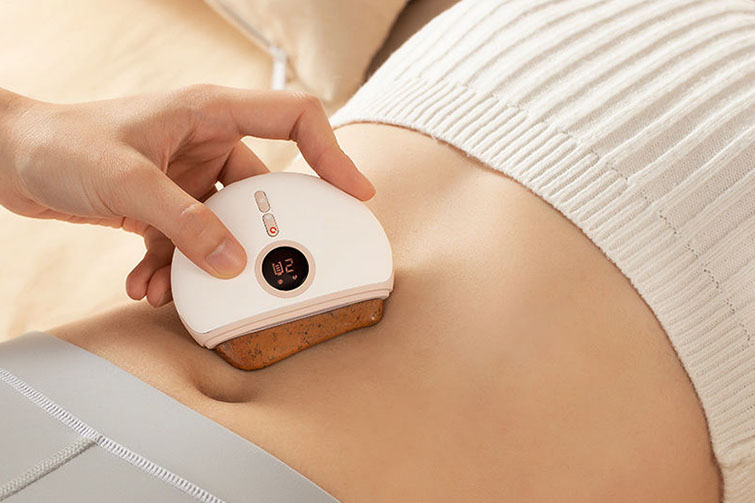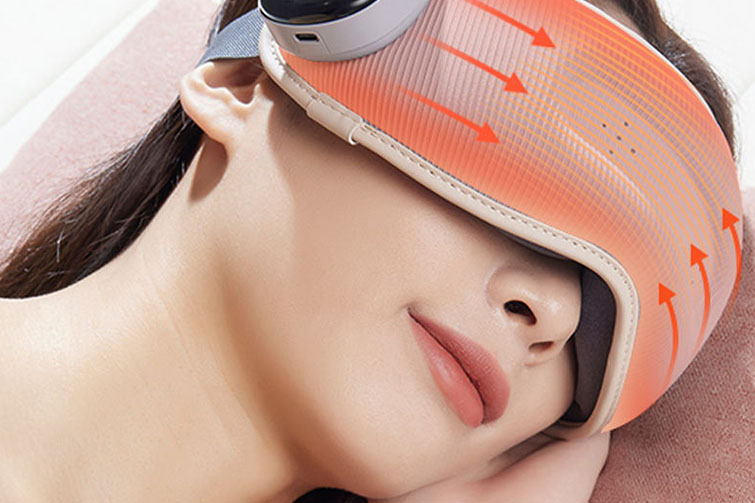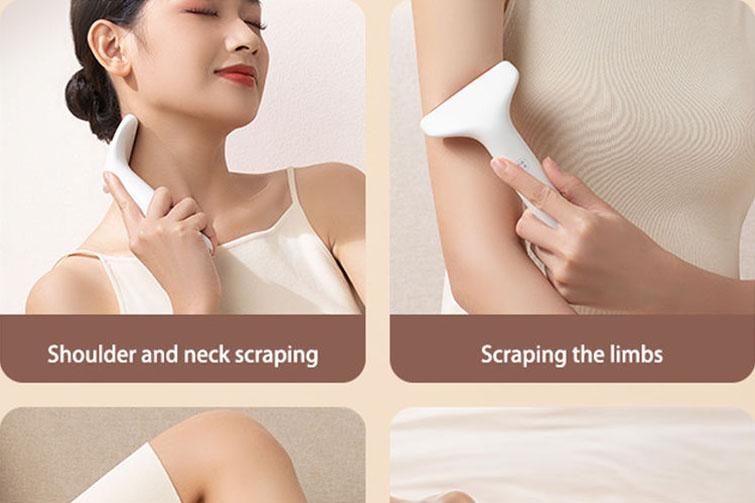

Selecting Home Medical Equipment: A Comprehensive Guide

Choosing the right medical equipment for home use is crucial for maintaining health and well-being, especially for individuals with chronic conditions or those recovering from injuries. Whether you're seeking equipment for monitoring vital signs, managing pain, or facilitating mobility, careful consideration is essential to ensure safety, effectiveness, and comfort. Here’s a comprehensive guide to help you navigate the process of selecting home medical equipment.
1. Consult Healthcare Professionals: Before purchasing any medical equipment, consult with healthcare professionals such as doctors, nurses, or physical therapists. They can provide valuable guidance based on your specific medical needs, ensuring that the equipment you choose is appropriate and beneficial.
2. Identify Specific Needs: Evaluate your medical condition or requirements to identify the specific type of equipment you need. Whether it's monitoring blood pressure, managing diabetes, assisting with mobility, or providing respiratory support, clearly define your needs to narrow down the options available.
3. Research Available Options: Once you've identified your specific needs, research the available options for home medical equipment. Consider factors such as functionality, ease of use, portability, and maintenance requirements. Compare different brands and models to find the best fit for your requirements and budget.
4. Consider User-Friendliness: Choose medical equipment that is user-friendly and easy to operate, especially if it will be used by individuals with limited mobility or cognitive impairments. Look for features such as intuitive controls, clear instructions, and ergonomic design to ensure ease of use and minimize the risk of errors.
5. Prioritize Safety and Quality: Safety should be a top priority when selecting home medical equipment. Ensure that the equipment meets relevant safety standards and certifications, and opt for reputable brands known for their quality and reliability. Check for features such as sturdy construction, secure fastenings, and safety mechanisms to minimize the risk of accidents or malfunctions.
6. Assess Comfort and Fit: For equipment such as mobility aids or orthopedic supports, assess comfort and fit to ensure optimal usability and effectiveness. Consider factors such as cushioning, adjustability, and sizing to accommodate individual preferences and physical characteristics.
7. Explore Rental and Purchase Options: Depending on your needs and budget, consider whether it's more practical to rent or purchase the medical equipment. Renting can be a cost-effective solution for short-term needs or temporary recovery periods, while purchasing may offer better long-term value for frequently used equipment.
8. Review Warranty and Support Services: Before making a purchase, review the warranty coverage and available support services offered by the manufacturer or retailer. A comprehensive warranty can provide peace of mind and protection against defects or malfunctions, while responsive customer support can help address any issues or concerns that may arise.

9. Seek Recommendations and Reviews: Seek recommendations from healthcare professionals, friends, or family members who have experience with similar home medical equipment. Additionally, read online reviews and testimonials from verified users to gain insights into the performance, durability, and overall satisfaction with the equipment.
10. Plan for Storage and Maintenance: Consider the storage requirements and maintenance needs of the medical equipment before making a purchase. Ensure that you have adequate space to store the equipment when not in use, and familiarize yourself with the recommended cleaning and maintenance procedures to prolong its lifespan and performance.
Conclusion: Choosing home medical equipment requires careful consideration of specific needs, safety requirements, user-friendliness, quality, and support services. By consulting healthcare professionals, researching available options, prioritizing safety and comfort, exploring rental and purchase options, reviewing warranties and reviews, and planning for storage and maintenance, you can make informed decisions that promote health, independence, and well-being in the comfort of your own home. Remember to seek professional advice and guidance whenever necessary to ensure that the equipment meets your medical needs and enhances your quality of life.





